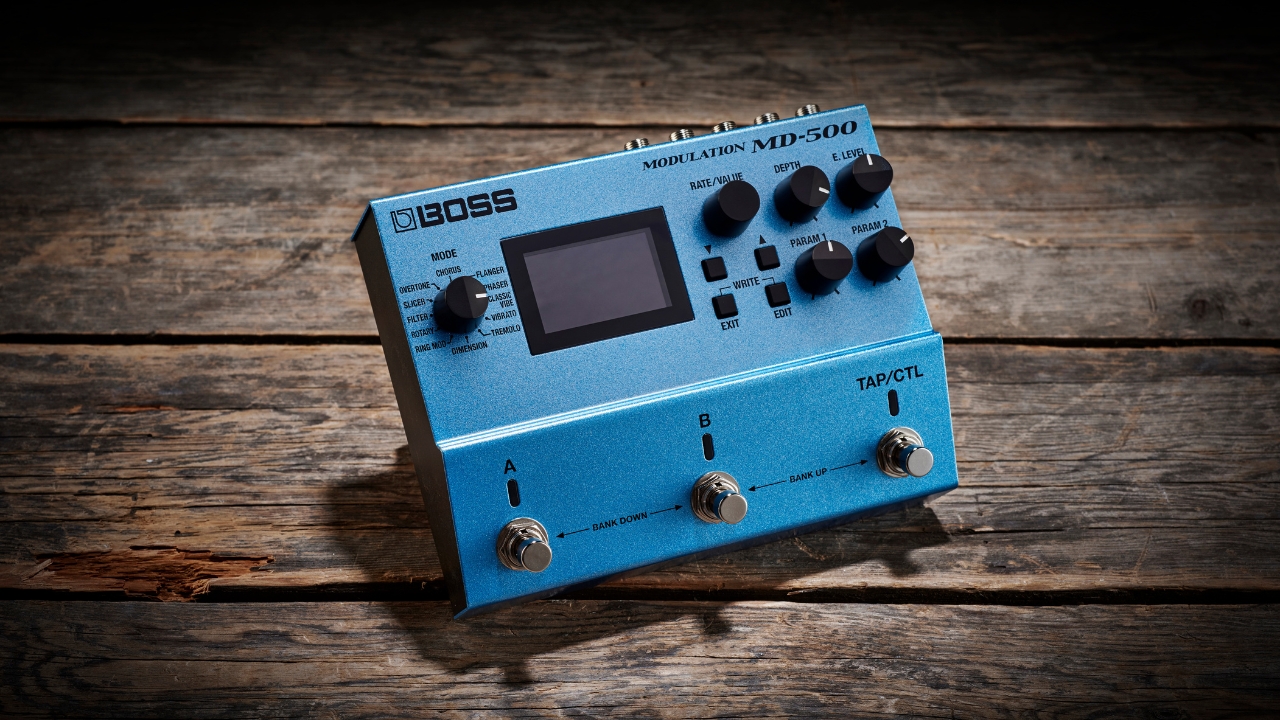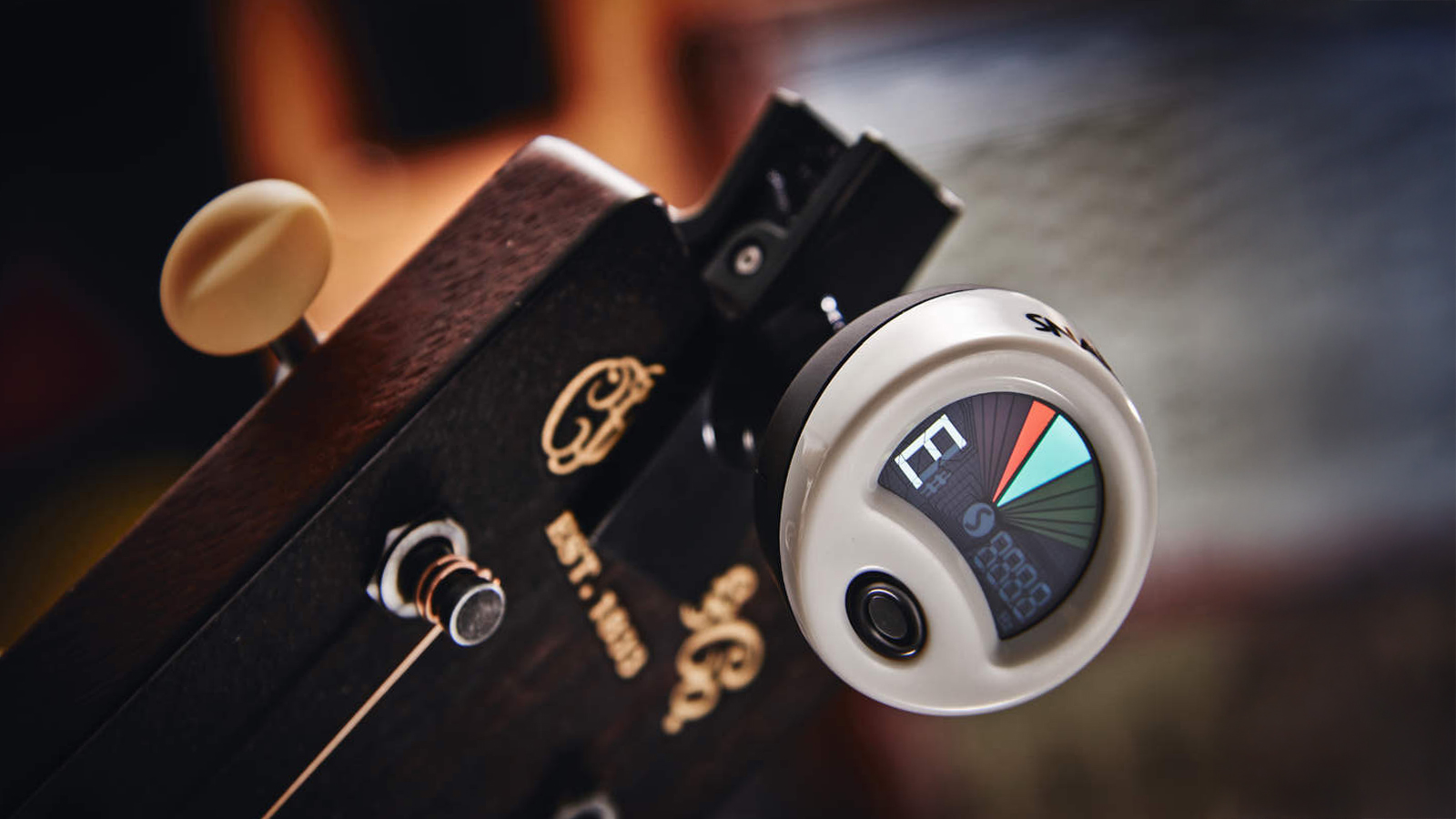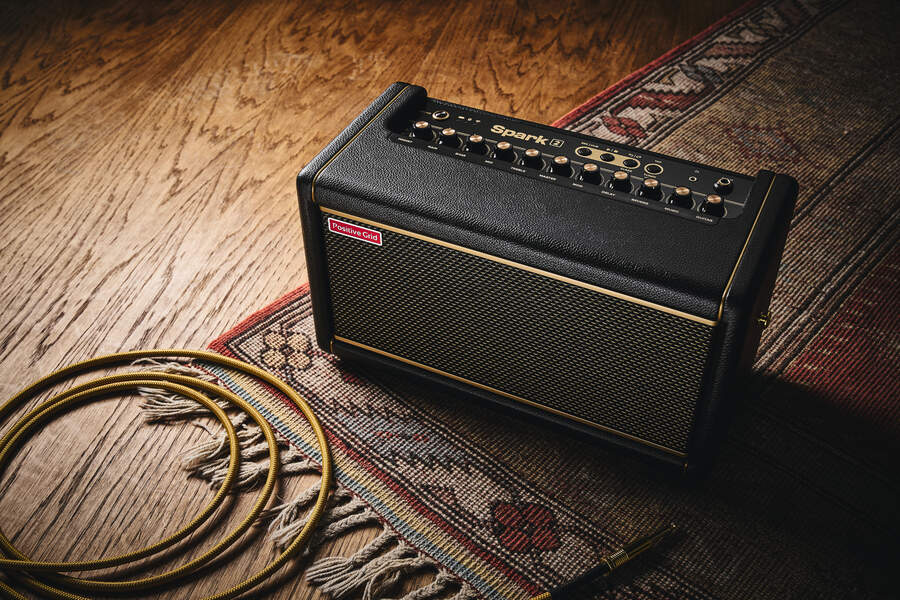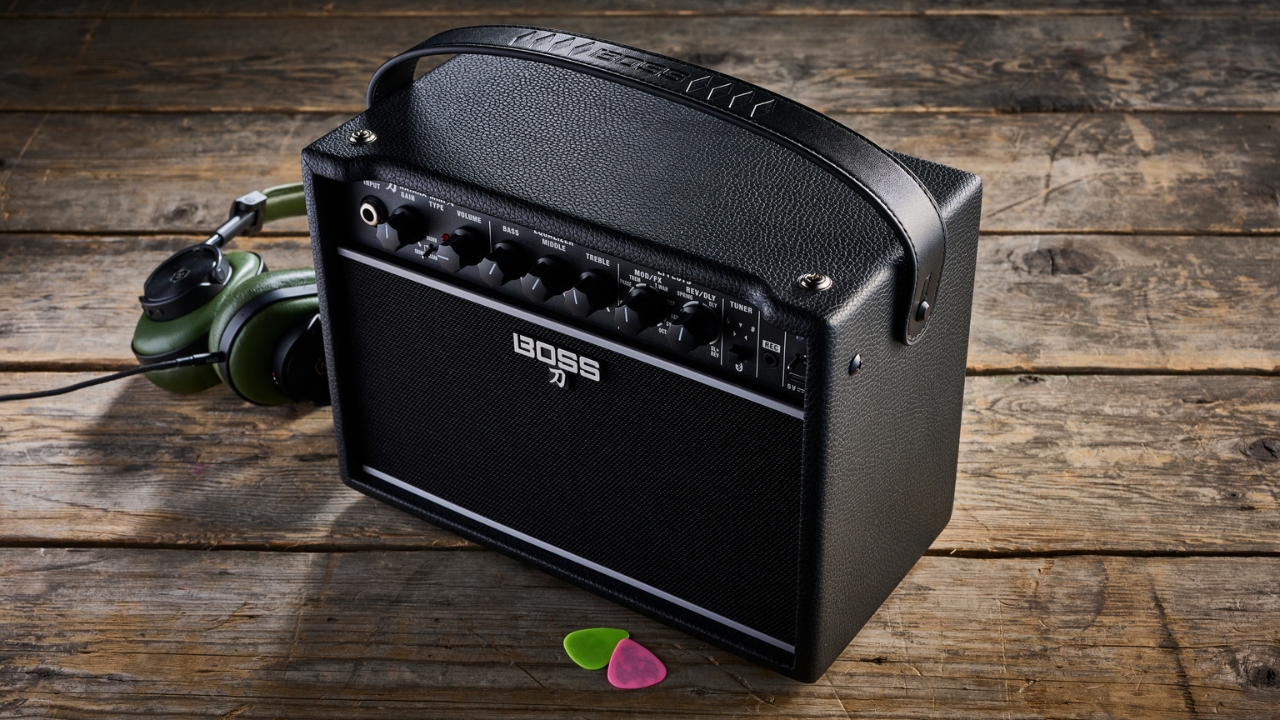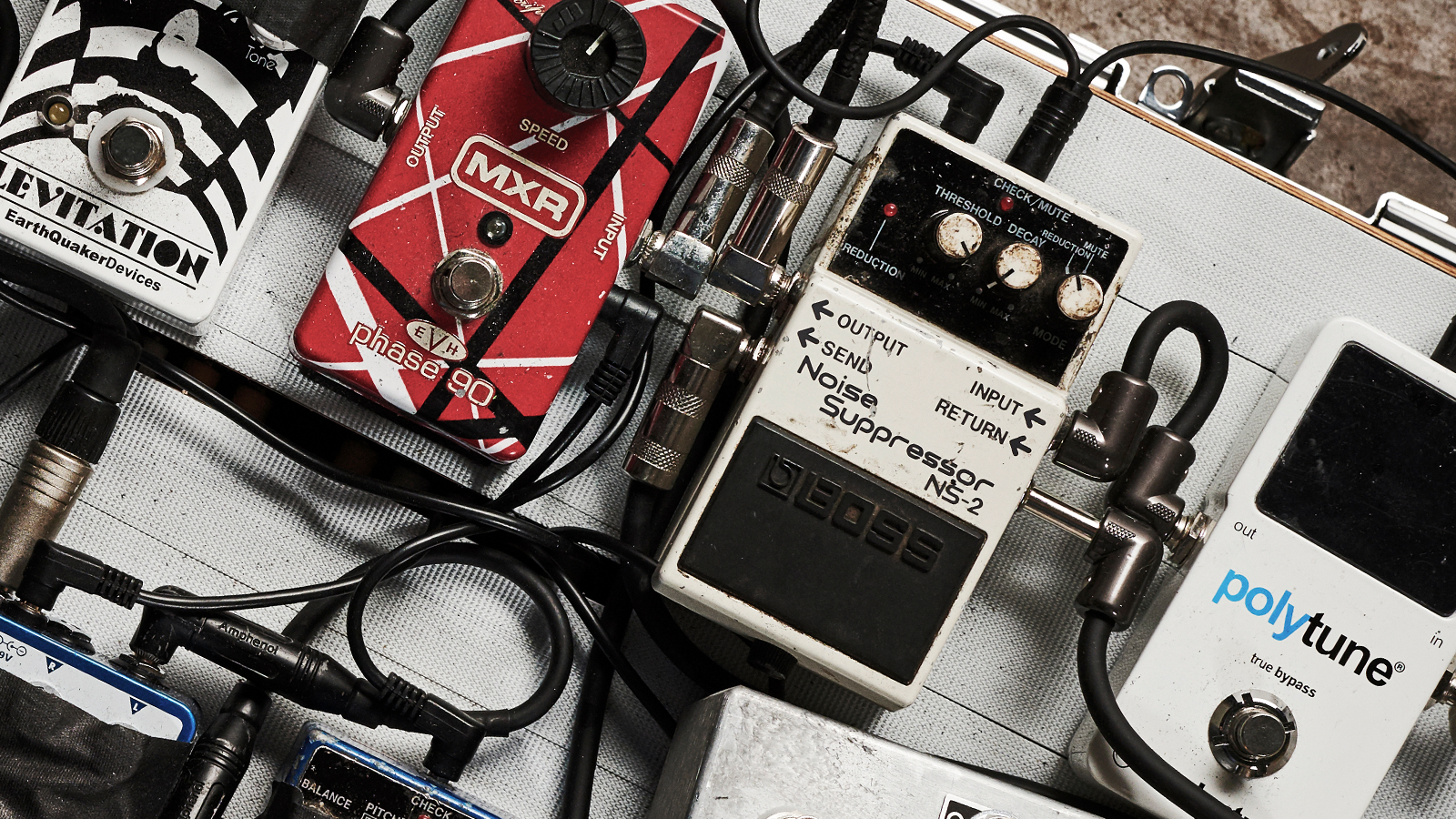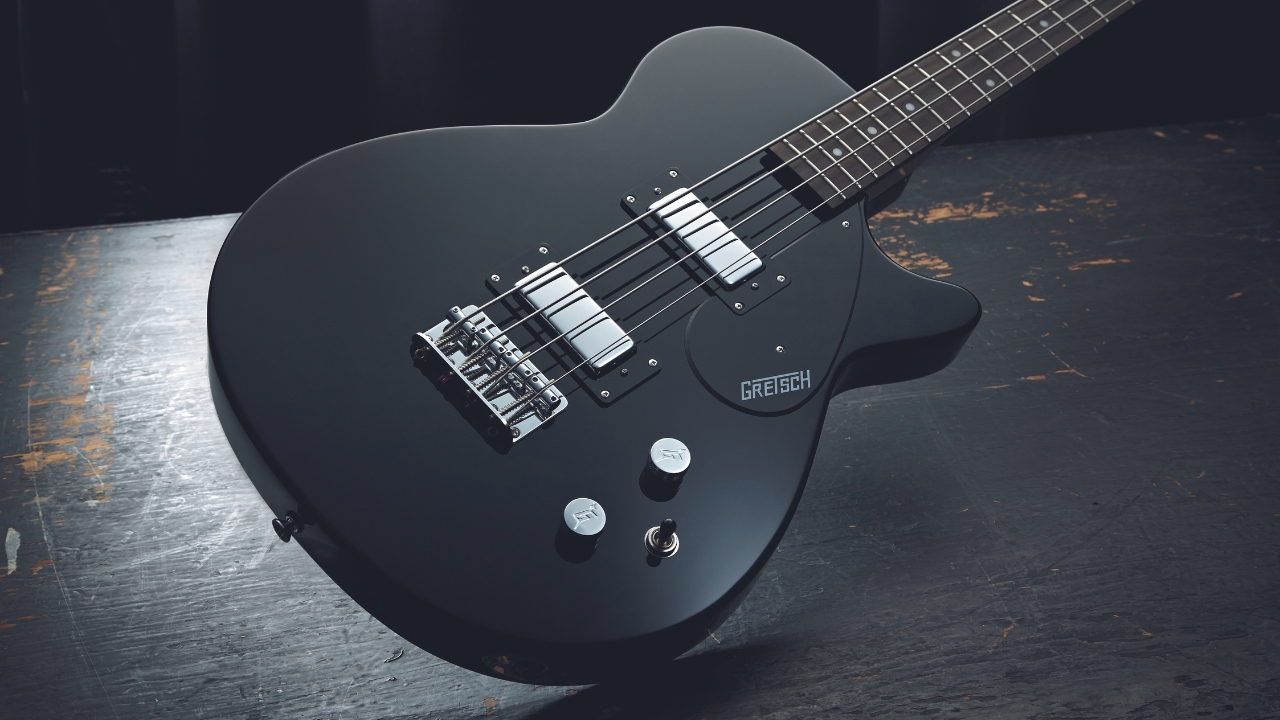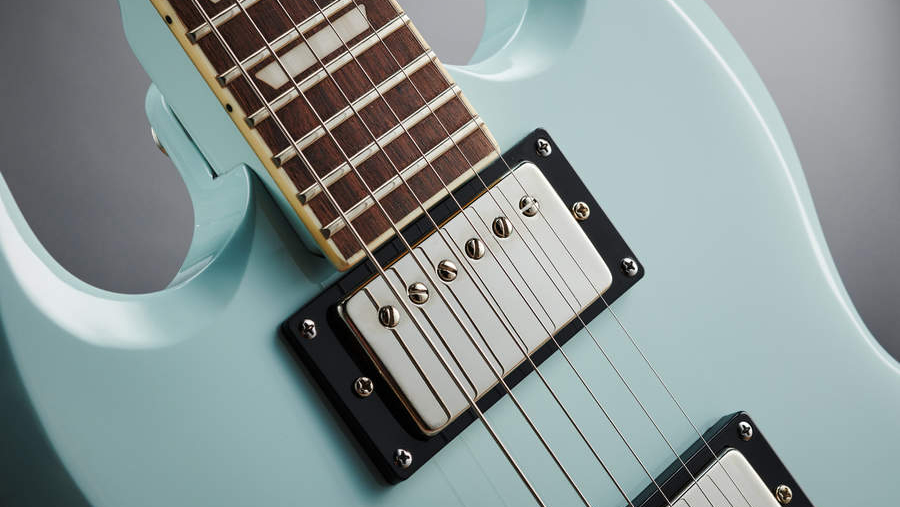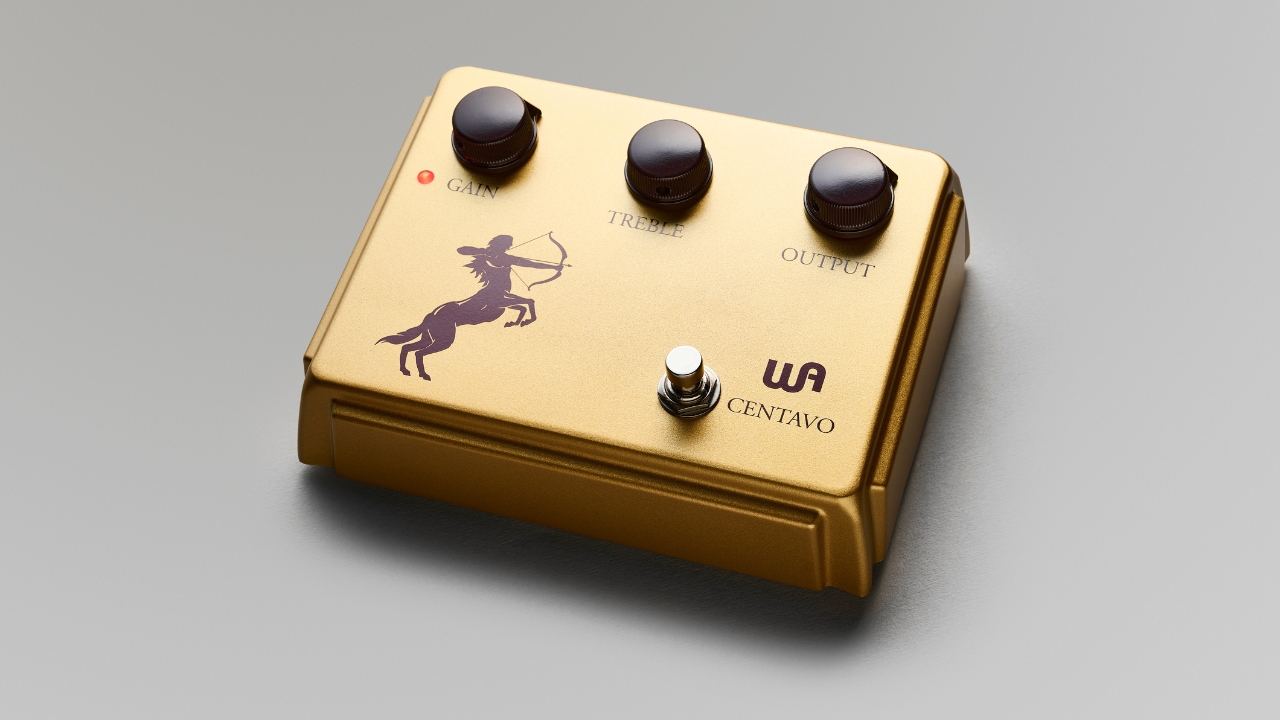Best guitar picks 2025: Get to grips with your playing with our top choice plectrums
Find the perfect fit with our selection of the guitar picks for electric, bass and acoustic guitars

For many players, the guitar pick (or plectrum, as it’s sometimes called) is key to expressing their playing style. Unless you’re a fingerpicker, a pick is the main point of contact between you and your guitar, so this diminutive, often overlooked tool is an incredibly important part of the equation. While it’s easy to grab the first thing you find in a shop, borrow one from a friend, or cut one from an old bank card, using one of the best guitar picks we recommend in this guide could improve your tone and playing.
We carefully construct our rigs, the best guitar, pedals and amp that our money can get us, so it’s important to invest in great guitar picks, too. After all, this little bit of plastic is going to be instrumental in producing the sound you want to hear, so you want something you’re comfortable with and yields a tone you like.
Different guitar pick materials can produce different sorts of sounds, which we’ll detail below in our buying advice. There are also lots of different shapes and thicknesses that lend themselves nicely to different playing styles. For this guide, we’ve chosen what we think are the best guitar picks out there for electric, acoustic and bass guitar.
Guitar Player’s Choice
The best guitar picks will undoubtedly vary from player to player, but for that reason, we’ve put the Dunlop Tortex in the top spot. It’s hard not to get along with these picks. They might not be perfect for everyone but most players would easily get through a live set with one. They’re nice and grippy, sound great and glide over the strings easily – plus you’ve got plenty to choose from when it comes to gauges.
The Dunlop Jazz III is also hard to ignore. It’s ubiquitous among rock, jazz, metal and seemingly every other type of player due to its nice attack and refined point. We also really like the Ernie Ball Prodigy picks, for something a little more adventurous.
Best overall
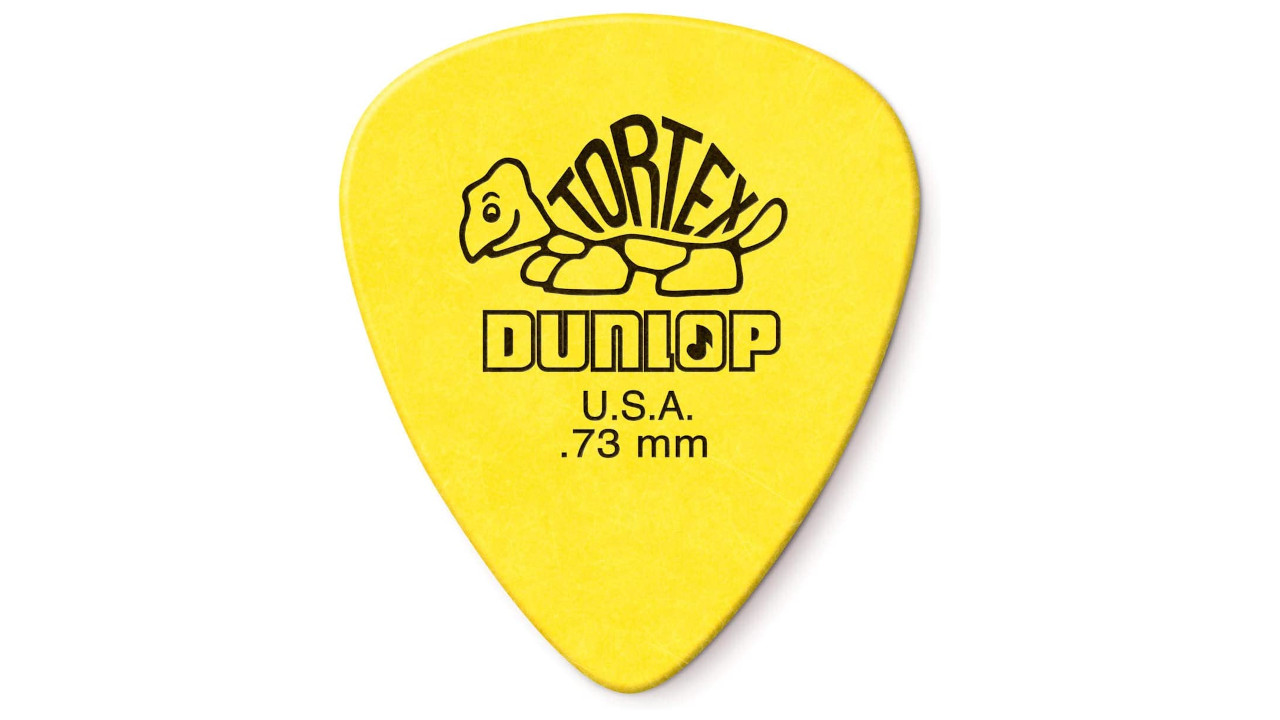
1. Dunlop Tortex
Our expert review:
Specifications
Reasons to buy
Reasons to avoid
This might not be the most exciting choice for the no.1 spot, but for their versatility, durability and the fact that nearly every guitar player in the world has likely played with one at some point, it’s hard to ignore the Dunlop Tortex picks.
Made from delrin, they’ve got a nice clear attack, but what sets these apart from many others is their matte finish which makes them very grippy, and also sound even better. These are durable picks, wearing down a little over time (this can be better than not wearing down at all, otherwise, you’re wearing your strings out quicker). Even with the thicker picks, there can still be a bit of flexibility to them, while still being rigid enough. This helps lend a bit of leeway, particularly for heavy strummers.
It’s a classic shape, that can be used comfortably for all kinds of player, whether that's electric guitars, acoustic guitars or even bass, plus the color-coding helps ensure you reach for the right thickness.
Best for accuracy
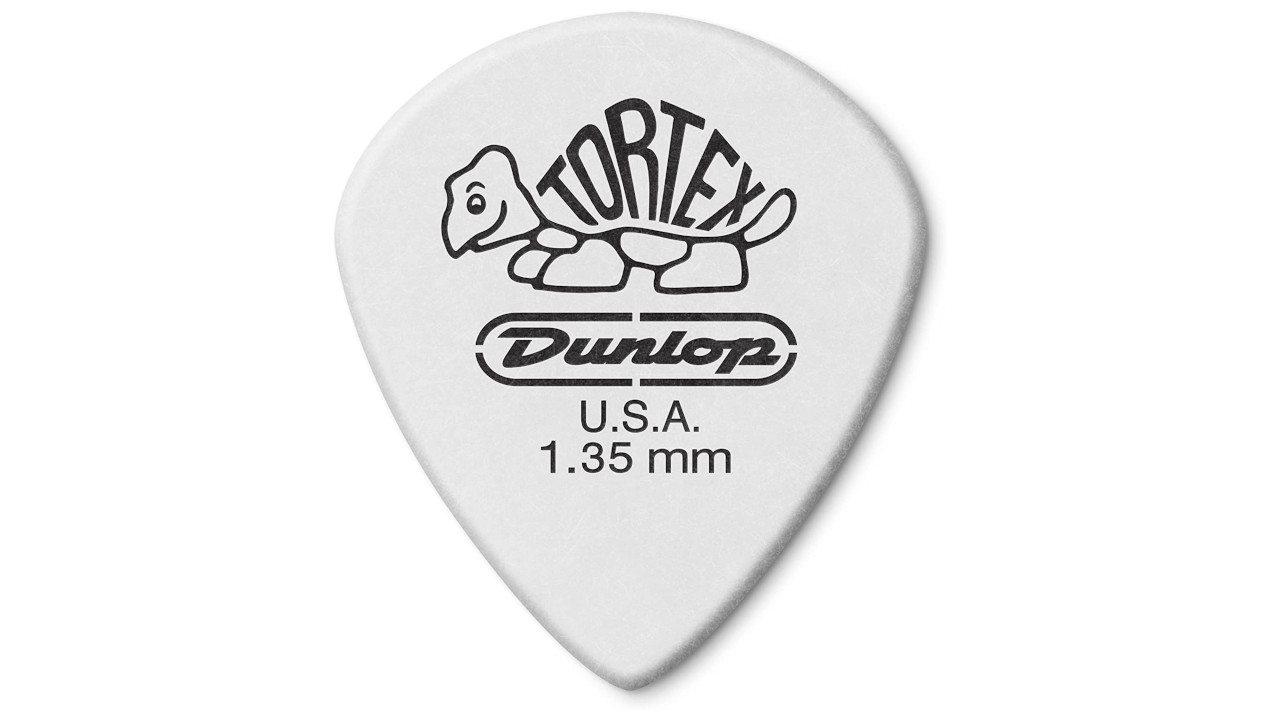
2. Dunlop White Jazz III
Our expert review:
Specifications
Reasons to buy
Reasons to avoid
The Dunlop Jazz III is probably the most widely used pick outside of the regular shape that many of us probably learned to play with. It’s favored by a wide range of players, but those who need a fast and accurate pick have looked to the Jazz III for its relatively small and pointy shape.
Its fine point allows you to pick out the strings you’re seeking with ease. The nylon material helps it glide across the strings, so it doesn’t feel like it’s resisting or fighting against them, and it adds a touch of warmth to your tone. Players have gravitated towards the Jazz III for decades, and that doesn’t look to be changing any time soon.
However, although the pointy tip assists with nimble and accurate playing, it may not suit everyone’s style. If you’re playing big, sweeping cowboy chords, having such a fine tip can affect the amount of purchase you get on those big strums.
Best for lead
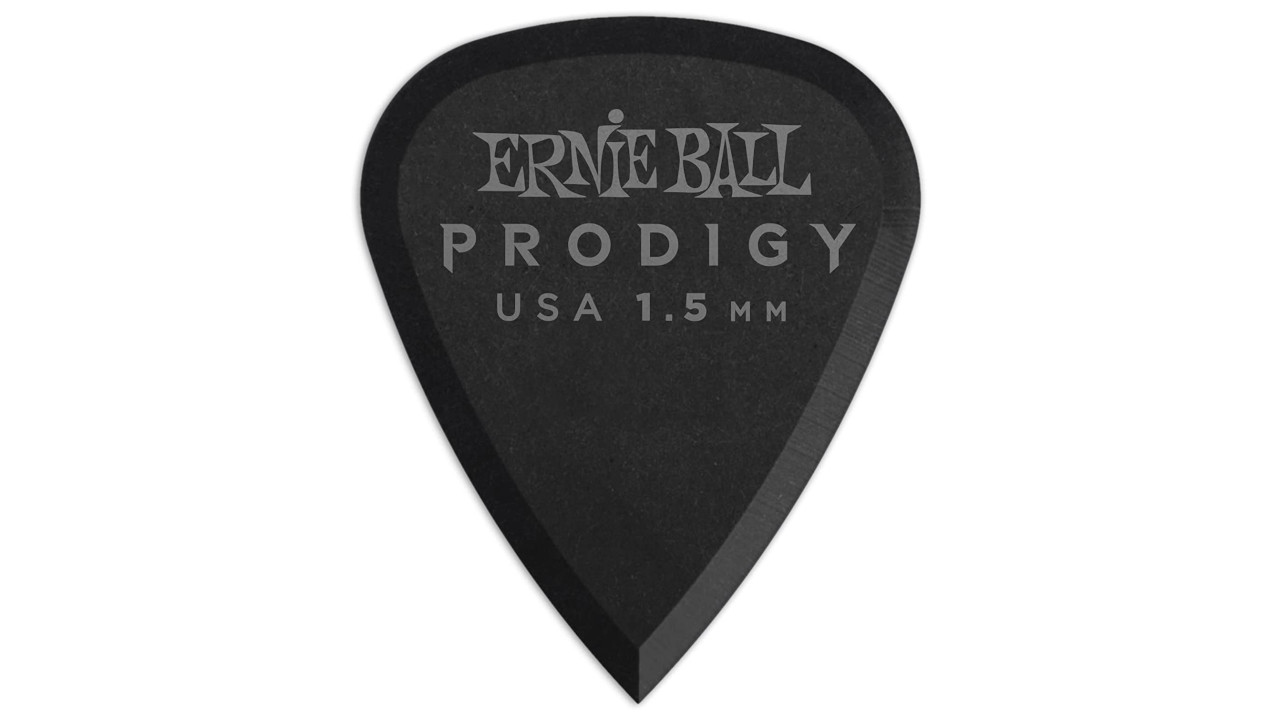
3. Ernie Ball Prodigy
Our expert review:
Specifications
Reasons to buy
Reasons to avoid
The fine point on the Ernie Ball Prodigy makes this one of the more radical guitar pick choices on our, but it's found its way into the hands of many players recently and even converted some Jazz III enthusiasts. The point offers superb control and accuracy, allowing guitarists – particularly lead players – to pick out exactly the strings they need when performing at high speeds. The beveled edges feel great for both strumming and playing lead lines.
There are different shapes available, including one that isn’t too far off the dimensions of a Jazz III, though we really like the standard as it offers the same kind of feel as a regular pick but with a finer and more accurate point. These are delrin picks but they’ve got a slight coating on them that makes them nice and grippy.
Best for grip
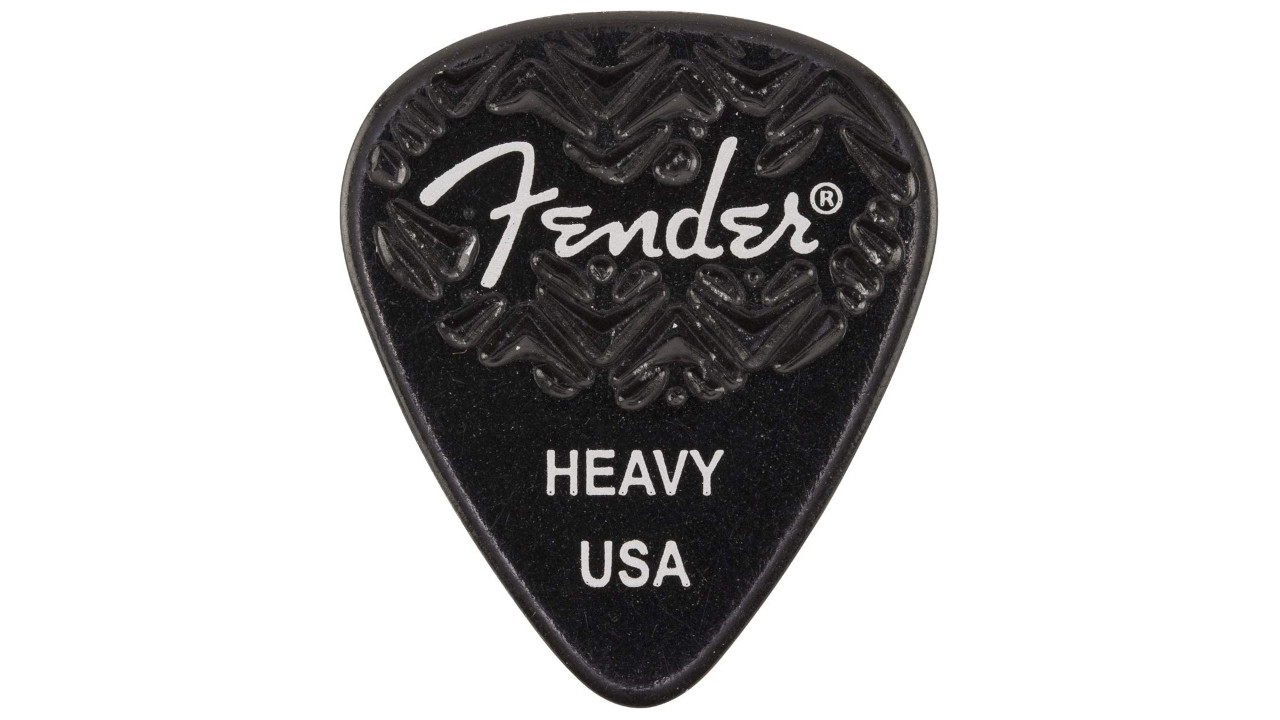
4. Fender Wavelength 351
Our expert review:
Specifications
Reasons to buy
Reasons to avoid
The celluloid Fender Wavelength 351 is an all-time classic. It’s instantly recognizable, having been around for years, and the shape is exactly what comes to mind when you think of a guitar pick. The Fender Wavelength is essentially a classic 351 pick with a slight twist – it’s got an embossed grip pattern on both sides. This makes it perfect for gigging and recording sessions as you’re less likely to drop it.
The material offers a fairly bright tone without being cutting, and it glides over the strings nicely. There are four different thicknesses on offer, from thin to very heavy. The rigidity of the heavy picks will appeal to lofty strummers, or if you choose the extra heavy thickness then you’ve got a perfect pick for bass playing. However, the tip is quite rounded, therefore speedy technical players may prefer one with a more pointed tip to blast out those tremolo-picking runs.
Best for warm tone
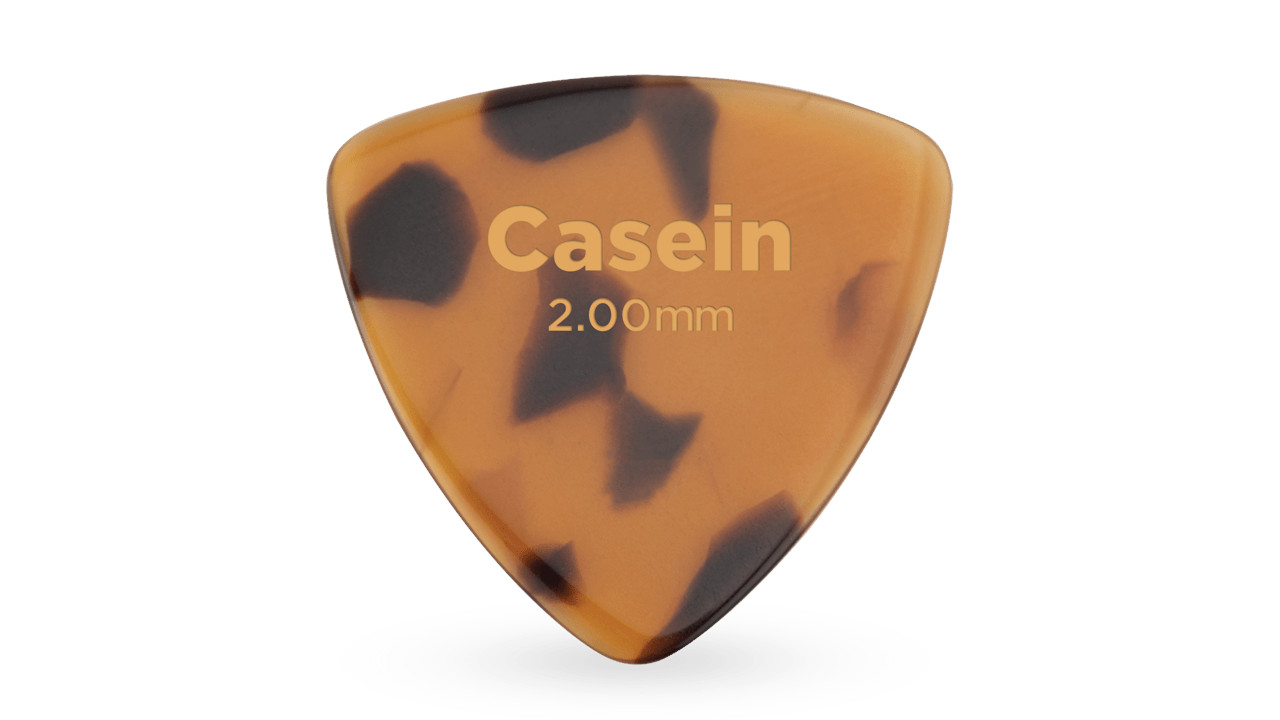
5. D’Addario Casein Wide 346
Our expert review:
Specifications
Reasons to buy
Reasons to avoid
For players that prefer a wider pick and a warmer sound, the D’Addario 346 Casein Wide might be the perfect solution. As the name suggests, it's made from casein, which is the closest man-made material to tortoiseshell and it delivers a quick attack and a mellow and warm tone. It’s also incredibly sturdy and durable.
The 346 has a nice right-hand bevel that helps glide across the strings easily, and it's comfortable, whether you’re flat-picking, strumming or executing tricky lead lines. It’s one of the best picks for acoustic and mandolin players too, but you’ll also see electric jazz guitarists and even heavier rhythm players using them.
The only players who might not appreciate the bulk of this pick are shredders, who may prefer something more nimble. At just under $/£30, it isn’t the cheapest option, but if you’re serious about your playing and looking for a plectrum that can genuinely influence your tone, look no further.
Best for bright tone
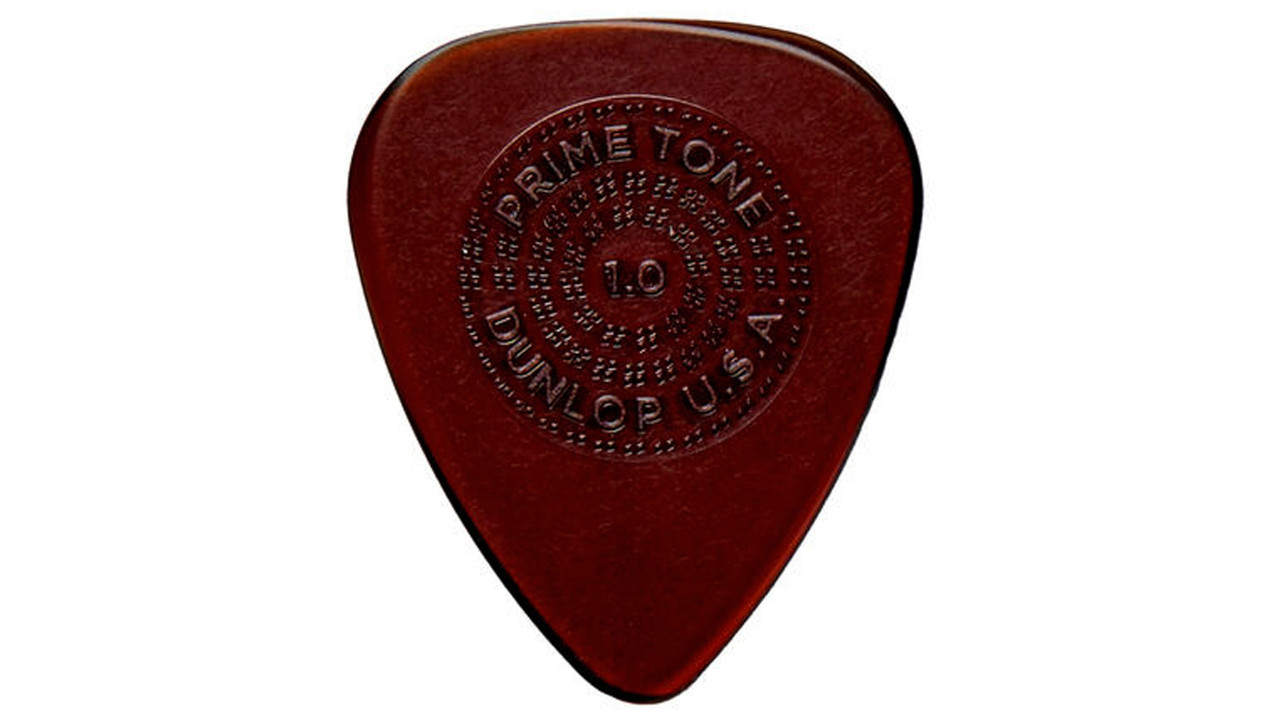
6. Taylor Prime Tone
Our expert review:
Specifications
Reasons to buy
Reasons to avoid
Made from ultex, these Primetone picks from acoustic giant Taylor guitars are some of the best picks out there. As you might expect, they sound great with acoustic – they allow you to play very dynamically, offer great control and are really easy to grip, so are especially useful when playing live. They also sound great on electric, so players that play both will be at home with these.
They’re durable so you won’t be wearing them down in a hurry, even if you’re a heavy strummer. The edges are shaped too, which helps yield a nice and even tone.
Best thick pick
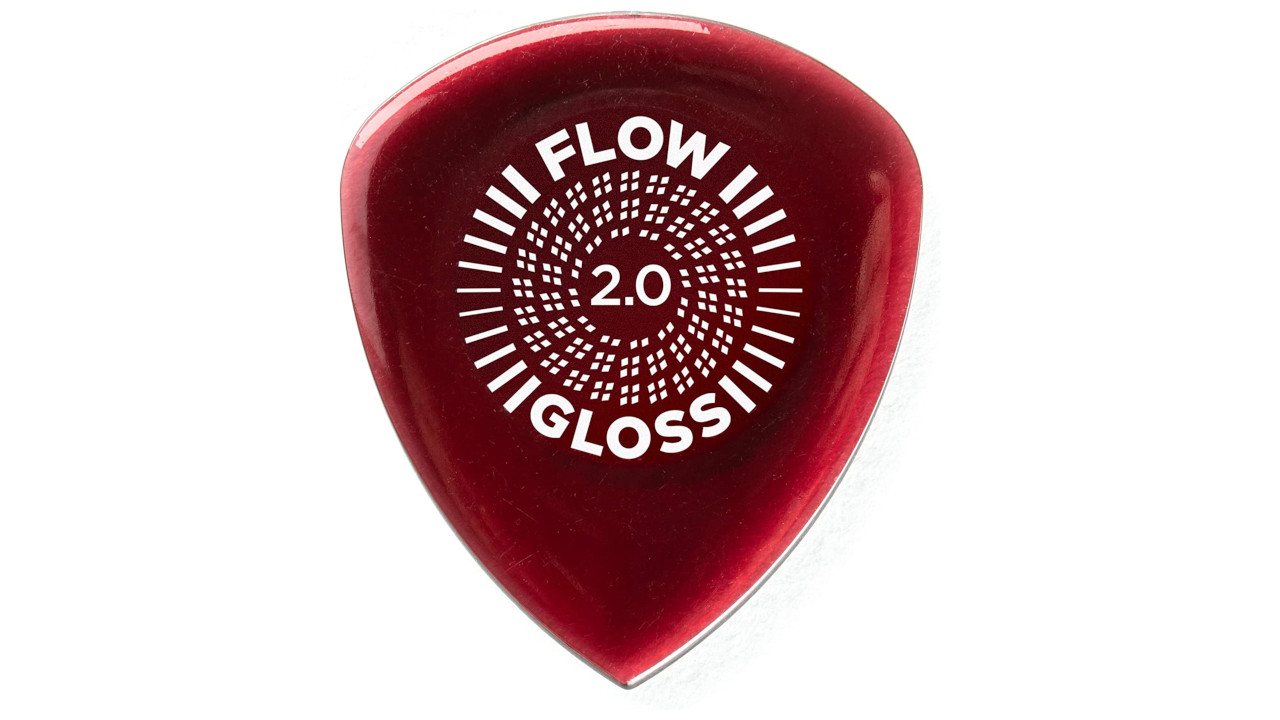
7. Dunlop Flow Gloss
Our expert review:
Specifications
Reasons to buy
Reasons to avoid
According to Dunlop, these picks are built for speed and precision and, once you get one in your hand and start playing speedy lead lines, you’d probably agree. The sharp point and beveled edges help you find and dig into the strings and get away quickly, though they’re just as good for rhythm work too.
We also like the slight indentation for your finger that helps establish a connection between pick and player. The Ultex material will help brighten things up tonally as well as yield a quick and snappy attack. The gloss finish might not be for everyone, but they’re one of the best picks out there.
Best thumb pick
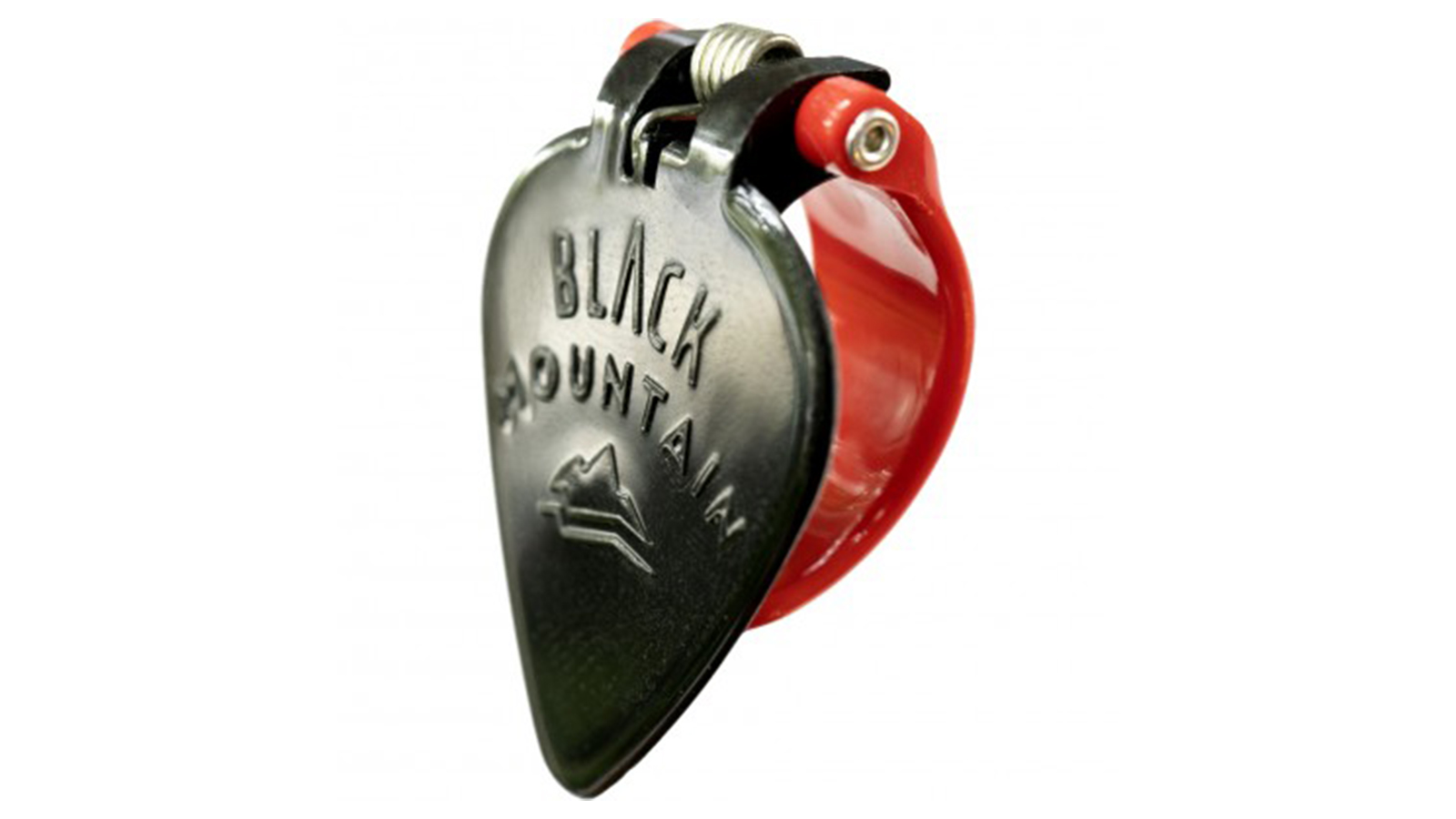
8. Black Mountain Thumb Pick
Our expert review:
Specifications
Reasons to buy
Reasons to avoid
Fingerpickers looking for more attack than using their thumb should check out the spring-loaded Black Mountain thumb pick. The Black Mountain thumb pick offers a lot more attack than your thumb, and it is a great tool to have in your arsenal for a different flavor of tone. Furthermore, it’s also extremely comfortable. Any player who's used a traditional rigid thumb pick has probably dealt with a small dose of circulation loss. Black Mountain's spring-loaded mechanism fixes that by clamping snugly but comfortably, giving you a secure fit without the discomfort.
Made from nylon, there are three different gauges; light, medium and heavy, which should cater to most preferences. For those who prefer a pointier tip, there’s a Jazz tip variant, ideal for sweeping Bluegrass runs. Beyond fingerpicking, it's a great option for those with arthritis or who can’t close their hands to hold a pick. With Black Mountain's traditional plectrum, you can easily pop it on your thumb and strum away as usual.
Best for durability
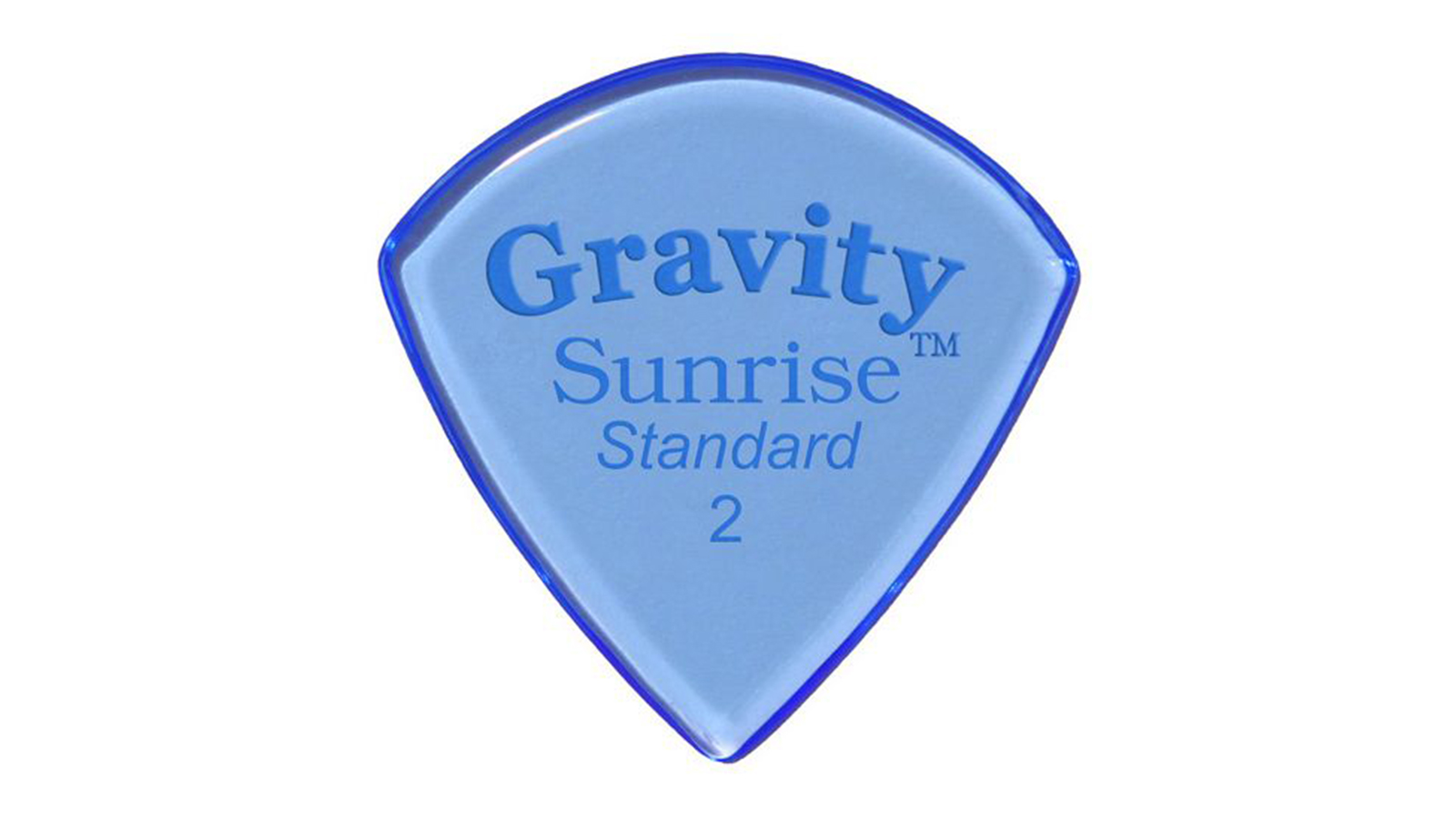
9. Gravity Sunrise Standard
Our expert review:
Specifications
Reasons to buy
Reasons to avoid
Gravity is a relatively small company from California that has been making waves on the guitar scene. Initially gaining fame through a collaboration with JHS Pedals, Gravity's Sunrise Standard picks are the company’s take on the infamous Jazz III. Featuring an accurate pointed tip and incredibly glossy smooth acrylic material, the Sunrise Standard offers superb fluidity between the guitar strings. Furthermore, the durable acrylic won’t degrade easily and provides a bright, articulate attack.
Each of Gravity’s picks is shaped and polished by hand, and this attention to detail is evident from the moment you strum your first chord. The beveled edges are consistent across each pick, and while the acrylic glides smoothly across the strings, it’s also surprisingly grippy. However, with this much effort put into each pick, you can bet it’s not the cheapest. Let’s just say you won’t want to lose one of these down the side of the couch.
Buying advice

What materials are guitar picks made of?
The material that guitar picks are made from can affect the tone as well as how comfortable they are to hold. There are some wild and wonderful materials used nowadays, but we’ve covered the main ones here. It’s also worth noting these are generalisations – some players will have a naturally brighter or warmer sound due to the way they play and where they strike the string.
Delrin
Delrin picks tends to give a fairly bright tone and a strong attack. It depends on the gauge, but they’re quite rigid too. You can also find coated options, like the Dunlop Tortex range, which helps them grip a little easier, otherwise they're quite smooth under the fingers.
Nylon
Nylon picks will usually yield a slightly warmer tone with a strong attack. When used in a certain way, you almost get a little compression while digging into the notes.
Ultex
Ultex picks are usually very stiff and rigid which leads to a bright and snappy tone. Even thinner gauge ultex picks can feel thicker than they actually are.
Celluloid & casein
Celluloid picks became more popular after the ban of tortoiseshell in the 1970s and they aim to replicate the warmth these picks produce. They’re fairly smooth so there isn’t much to grip on to but many players use them without dropping them. Casein picks get even closer to the sound and feel of tortoiseshell.
How important is the shape of my guitar pick?
One of the most important considerations to make when looking for the best pick for you is the shape, as this is going to affect how to physically connect with the thing. Choosing a shape that feels comfortable for you to hold and play with is important. It depends how you hold your pick, but if you like lots of plastic between your thumb and finger, then a pick with more body to it could work better.
The point is also important. Many players find that a finer point leads to greater accuracy, particularly when it comes to picking out individual strings. Something a little more rounded, like the standard pick shape tends to be a fairly good all-rounder, as the point allows for picking out individual strings, but it’s wide enough to make strumming easy for most playing styles too. There are even picks that have different shaped sides, each one lending themselves to different playing situations.
Which pick thickness is right for me?
The actual thickness, or gauge of the pick is very much down to personal preference. A thicker, or more rigid pick may offer more control, whereas a thinner or more flexible pick will have more give in it when strumming – particularly if you’re doing fast, choppy funk rhythms. That said, going too thin may result in more pick noise, as you’re not producing enough volume with the actual strings themselves.
Read more on how we test gear here at Guitar Player.
Read more:
You can trust Guitar Player.
- Best guitar cables: Hard-working cables that'll preserve your tone
- The best guitar capos for acoustic and electric guitar
- Discover the best guitar tuners: Clip-on, pedal and app-based options
- Here's our pick of the best guitar slides: Dunlop, Fender and more
- The best guitar straps for electric, acoustic and bass guitars
Get The Pick Newsletter
All the latest guitar news, interviews, lessons, reviews, deals and more, direct to your inbox!
After spending a decade in music retail, I’m now a freelance writer for Guitar Player, Guitar World, MusicRadar and Reverb, specializing in electric and acoustic guitars bass, and almost anything else you can make a tune with. When my head’s not buried in the best of modern and vintage gear, I run a small company helping musicians with songwriting, production and performance, and I play bass in an alt-rock band.
Guitar Center's Guitar-A-Thon is back, and it includes a colossal $600 off a Gibson Les Paul, $180 off a Fender Strat, and a slew of new exclusive models
"We tried every guitar for weeks, and nothing would fit. And then, one day, we pulled this out." Mike Campbell on his "Red Dog" Telecaster, the guitar behind Tom Petty & the Heartbreakers' "Refugee" and the focus of two new Fender tribute models

